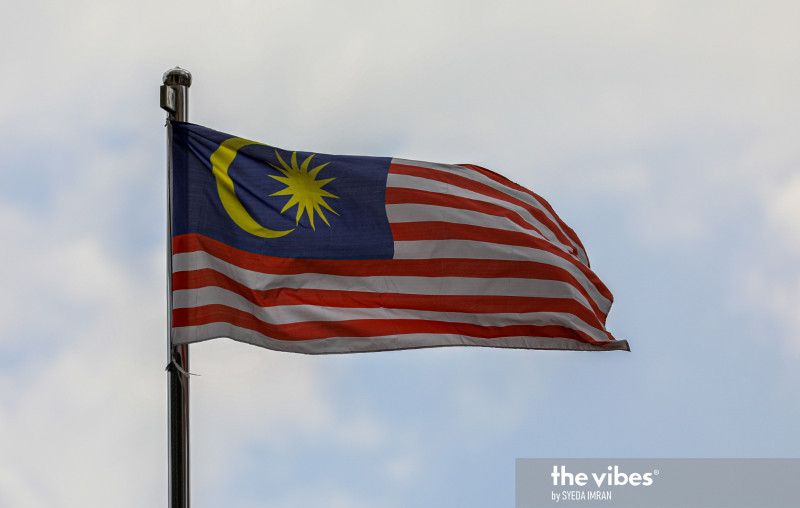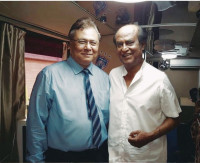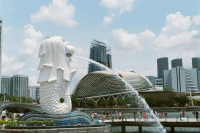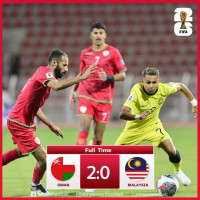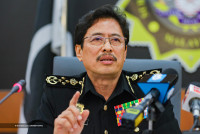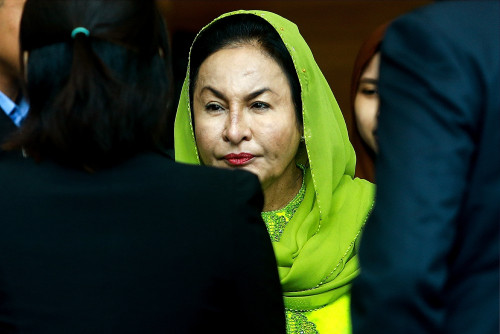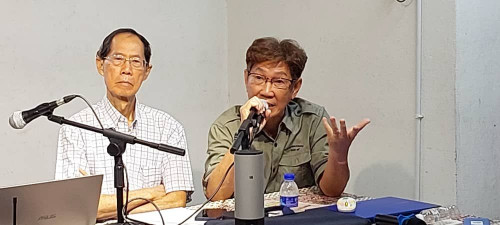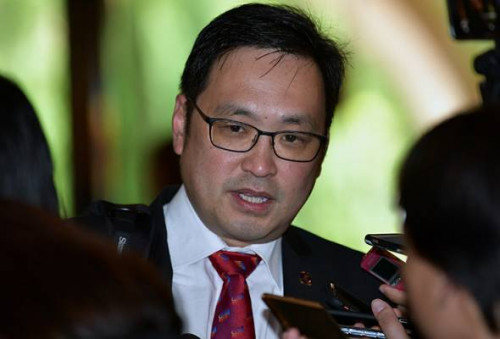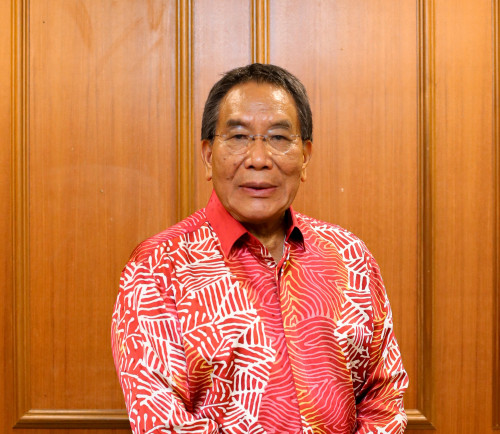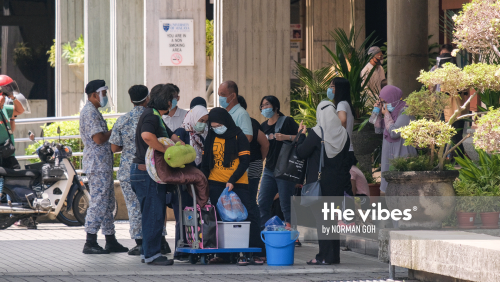“THE Malay-dominated governments allowed other races to retain their identification with their countries of origin, their languages and cultures, their schools, their civil organisations…” – Tun Dr Mahathir Mohamad
I read the above “benevolent” quote by Tun Dr Mahathir Mohamad, when I was about to write this piece on inequality, social, and economic injustice. How timely.
Right now, Malaysians have raging emotions over a sinking economy, impoverished electorate dragged into the politicians’ game, collateral political damage, and the most racial budget in the history of Malaysia – Budget 2022.
Non-Malays are being crushed to almost nothingness, in an inequitable distribution of 3% for the Chinese and Indian communities and 97% for Bumiputeras for the budget next year.
The official estimates are that the Bumiputera allocation is RM11.4 billion, while the non-Bumiputera communities get RM300 million, in a pyramid with the elite apex still being sustained by the marginalised bottom.
These precise and mathematically chilling numbers should be attached to the racial disparities that Dr Mahathir created and is still endorsing.
Why this vengeance for non-Malays, when Dr Mahathir himself is of Indian origin? Why is there a paranoia to deny his own origin and endorse himself as a “Bumiputera”?
His own inner conflict and denial of his ethnic identity as an Indian surfaces always to reinforce racism even more forcibly in a contemporary world where you cannot pin any label on people.
It is so peculiar that the prime minister who entrenched racial divides, redefined meritocracy, and enabled race-biased governance was yet able to entice us with change in the last election.
There is no doubt that Dr Mahathir is an extraordinarily brilliant man. He could have gone down in history as the saint who saved Malaysia in 2018.
Conversely, a ray of hope and support had come from an MP from Pasir Gudang, Hassan Abdul Karim, who expressed his disheartenment with the economic injustices of non-Malays in the racially skewed Budget 2022.
Hassan spoke eloquently to an unusually quiet group of peoples’ representatives, especially those wearing masks within masks who have lived from one poll to another.
Hassan is a real Malay and Muslim and a role model for Malaysians, emulating wisdom, honesty, and sincerity. He also has a track record of consistency in addressing racial issues.
As a morally righteous leader, he tried to convince Parliament to repeal or relax discriminatory justification in Malaysia. He stressed that we cannot play the racial card anymore by enforcing actions and processes that minimise the non-Malays’ status.
Within a day, this speech became viral on social media and people became hopeful and excited that Hassan, a lawyer and activist might have evoked a twinge of conscience in the politicians.
Ironically, the very next day of Hassan’s landmark speech, the MPs diverted their attention back to a “major national debate” on whether to change the label “Timah” on a whiskey bottle, and patted each other’s backs for resolving the matter.
Why the MPs wanted this publicity, when the criticisms levied on them were at the highest, seemed to be a barometer test on the average mindsets of the MPs concerned.
Their silence on real matters is just as non-defensible as their diversion to trivialities.
Personally, I believe the damage by Malay political leaders is dwarfed by a few non-Malay leaders themselves who have perpetuated this inequality and silenced the people for fear of their own seats.
The “special position” of the Malay has become a quintessential part of our lives, but yet this affirmative action programme has worked at a glacial pace and failed even for them, especially the small and medium businesses.
Non-Malays certainly feel worse now than ever, after having received the poor end of the bargain, often being subjugated to the “quota” system in employment in public office, education, scholarships, housing, and other aspects of socio-economic life.
Dr Jeyakumar Devaraj of Parti Sosialis Malaysia questioned: “Will the RM11 billion develop Bumiputera capacity-building in SMEs, or will much of the funds go as income to well-positioned individuals?”
In 2018, we had outvoted nepotism, corruption, or racial quotas. We thought we were done, and had reclaimed our democracy. We celebrated triumphantly because we were waiting for an unbiased meritocratic system without racial prejudices.
However, many appointed as ministers started defending some of the acts that they themselves had opposed earlier. Hence, the rule of the government we voted for was short-lived and we were back to the same system, with more and more new things that needed fixing.
That euphoria did not last. It took a Malay Muslim with a moral conscience to speak of this. Hassan’s speech gave us a subconscious yearning to return the original mandate to Pakatan Harapan, the government who promised something akin to global human rights.
Recently, the international glare was on us, once again, for not ratifying Malaysia’s commitment to the International Convention on the Elimination of All Forms of Racial Discrimination. Now, Malaysia is cited over and over again as a nation that promotes an unequal society that denies human rights.
In 1957, we won independence from colonial rule that was fought for by almost everybody. Now we are reduced to pleading for our rights as citizens from people who have had nothing to do with building this country.
From the age of six, whoever we are – Malay, Chinese, Indian, and Orang Asli – we sang Negaraku in stillness and watched the flag, while being nurtured as Malaysians.
Today, the various narratives of why we are not Malaysians have not worked for us as Malaysians. The intelligent ones have migrated while some of us are left surviving on crumbs.
As for now, perhaps a good place will be to seek out, nurture, and even manufacture a new identity for new leaders. Not just a handful of them, but hundreds of them.
We as a nation would like to salute Malaysians like Hassan and Dr Jeyakumar for their fearless stands on moral issues.
Just like Hassan, we have to say something. Even if it has been said before, we should take it personally and address our own issues with honesty. Independence begins in each one of us.
There is another world out there that is feasible. – The Vibes, November 19, 2021
Vasanthi Ramachandran is an author and runs the NGO Helping Hands



